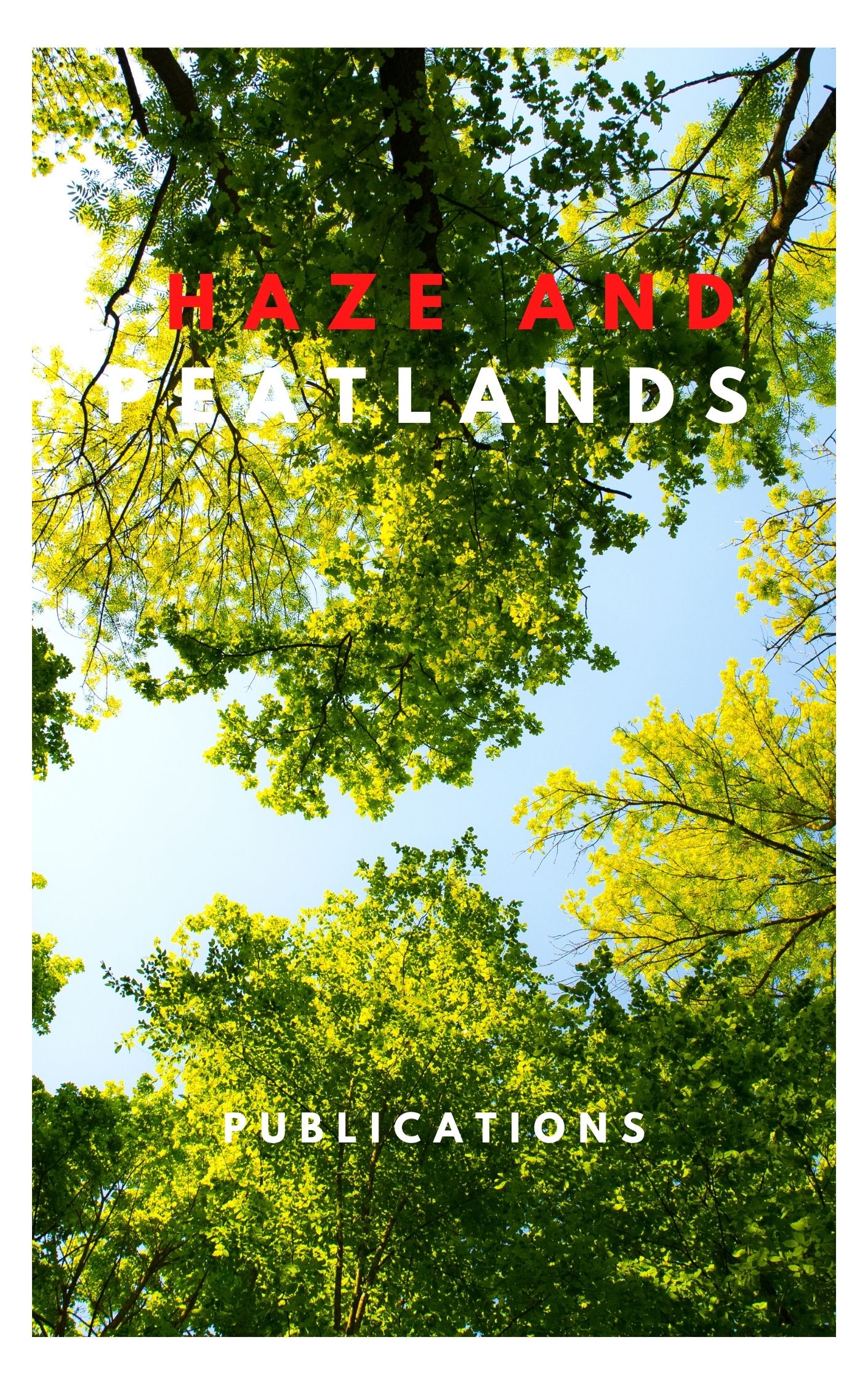Extreme climate is one of the important variables which determine the capability of tropical peatland to act as either carbon sink and/or carbon source. The purpose of this study is to reveal the spatio-temporal trend in the long-term time series of extreme rainfall and temperature in Sarawak peatland cause by climate change. Gridded-based Princeton datasets were used for trend analysis spanning 68-year (1948-2016) based on Modified Mann -Kendall (m-MK) test which has the capability of distinguishing unidirectional trend with multi-scale variability. The m-MK test was also used to confirm the increasing or decreasing trend produce by Mann-Kendall (MK), and to discriminate the exaggeration in trend caused by serial auto-correlation due to the high effect of large scale climate events regulating the climate in the region. By using R-based program, RClimDex for extreme climate indices output, extreme climate under Northeast (NE) and Southwest (SW) monsoon showed lower grid point with significant changes under m-MK test compared to MK test at 95% significance level. Here, the exaggeration of trend by MK test has been reduced by using m-MK test which can accommodate the scaling effect in the time series due to inherent natural climate variability. Diurnal temperature range (DTR) was expected to decrease for both monsoons in the central-coastal region as minimum temperature (TN) increased more than maximum temperature (TX). Significant increase in extreme rainfall (R10, R20, Rnn) was spatially observed more during SW monsoon compared to NE monsoon, although with high spatial variability. Significant increase of TN indices of TNn and TN90p might cause increased rainfall intensity in the south and central-coastal region, while high TX indices of TXn might cause increased rainfall intensity in the north. Due to the imminent threat of climate change, this study gives scientists an essential view on the behavior of different extreme climate variables and its potential impact on the peatland area which is susceptible to flood and risk of fire during the NE and SW monsoon, respectively.
View source

